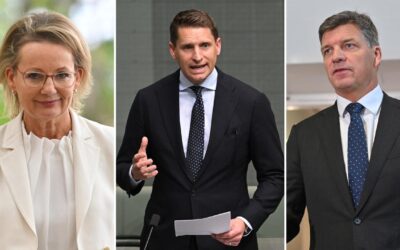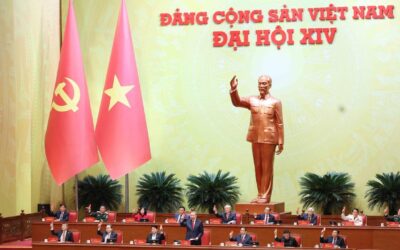Sorry, that’s old news…
You’ve found an older news story. We delete stories from our AAP News Feed after two months. But fear not, here’s today’s news!

Liberals are weighing up their options ahead of a looming leadership coup against Sussan Ley but fury at the ...

Extreme weather will confront Australians over the long weekend, disrupting holiday plans and two major sports events.

Vietnam's top leader, To Lam, has pledged to turbocharge growth in the export-reliant nation as he scored another ...

Activists report that Iran's crackdown on nationwide protests has killed at least 5000 people.

A "heat dome" is set to bring potentially record-breaking temperatures and fire danger to parts of the nation over ...

Greenland's strategic location makes it a focal point if there were to be a nuclear conflict involving Russia, ...

Scores of South Koreans detained in Cambodia for alleged involvement in online scams have been returned home to ...

Australia is pressing ahead with its three-hour timeslot of free electricity as critics warn the design could ...
No results found.
Background image courtesy victoriancollections.net.au